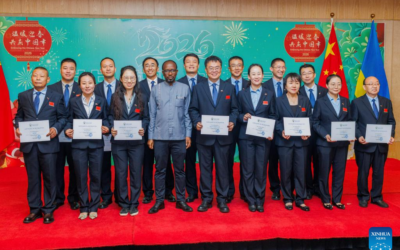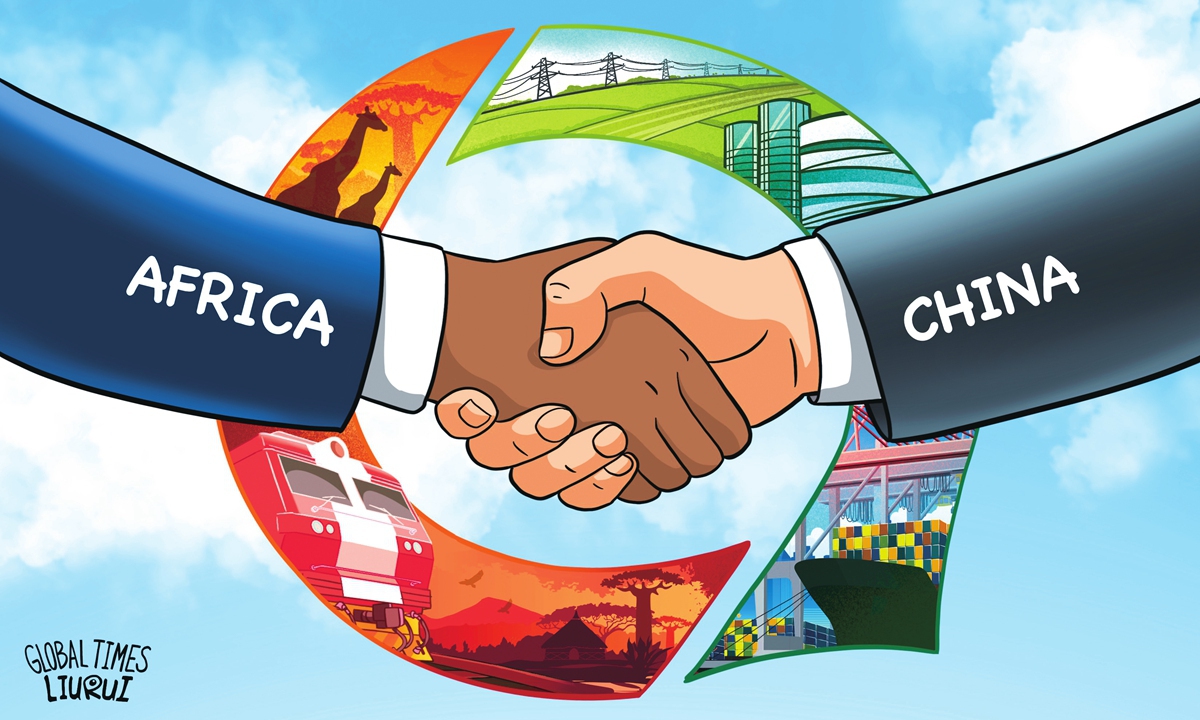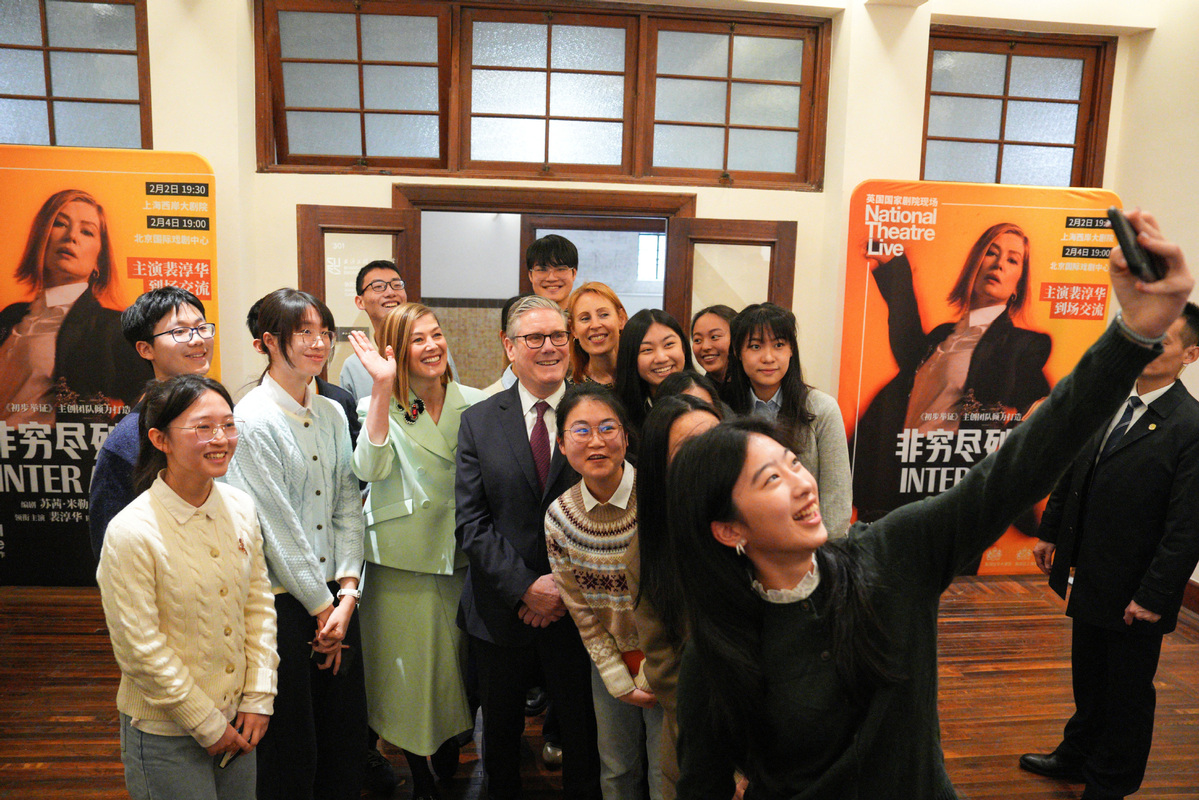Illustration: Liu Rui/GT
The joint launch of the Initiative on Cooperation Supporting Modernization in Africa by China and South Africa during the 20th Group of 20 (G20) Summit is significant, partly for what it reveals about how developing countries are thinking about modernization in the 21st century. According to the Xinhua News Agency, the two sides have welcomed Chinese modernization as a new option for the modernization of the Global South, including Africa.
The remarkable progress of Chinese modernization over the past decades suggests that there is more than one way to achieve industrialization and social transformation, distinct from the path traditionally associated with the West. For many African economies, the Chinese experience is not about ideology but about practical problem-solving: it demonstrates that countries can experiment, adapt, and design development strategies on their own terms. In this respect, Chinese modernization has expanded the range of options available to developing nations, including those in Africa, as they chart their own paths toward modernization.
Yet discussions of China-Africa cooperation in some Western media outlets mischaracterize mutually beneficial China-Africa economic engagement as part of a zero-sum contest for influence, a narrative constructed and amplified by Western media. This perspective tends to overlook the priorities and aspirations of African economies. For developing countries, advancing economic development remains a central objective. China’s mutually beneficial cooperation directly addresses these immediate priorities. Overlooking this reality risks misreading not only China’s cooperation, but also Africa’s own development needs and decisions in shaping its path toward modernization.
According to Xinhua, the initiative commended the Forum on China-Africa Cooperation for its important contributions to Africa’s modernization during the 25 years since it was established. It also noted that unilateral tariff actions are contributing to an increasingly protectionist environment, which poses great hardships and danger for the countries of the Global South.
Over the past decades, China-Africa cooperation has steadily developed, demonstrating a strong pattern of mutual benefit. First, infrastructure projects such as ports, roads, and energy networks do more than facilitate trade; they integrate markets, reduce logistical bottlenecks, and support the development of industrial clusters. Equally important, cooperation in manufacturing, technology, and skills development equips African economies with enduring capabilities, strengthening long-term productive capacity.
Second, trade and investment flows reinforce this dynamic. According to Xinhua, China-Africa trade grew from 87.38 billion yuan ($12.3 billion) in 2000 to 2.1 trillion yuan in 2024, an average annual rate of 14.2 percent. This expansion reflects comprehensive industrial-chain cooperation rather than mere transactional exchanges promoted some in the West. Beyond trade gains, this engagement fosters new supply chains, stimulates local entrepreneurship, and nurtures industrial ecosystems that underpin sustainable competitiveness.
Third, this cooperation strengthens economic resilience. By diversifying partners and development strategies, African countries gain greater flexibility to absorb global shocks – from commodity price swings to geopolitical tensions. With unilateral tariffs and protectionist measures on the rise, such adaptability is crucial for sustaining growth. Pragmatic, mutually beneficial cooperation thus reinforces both stability and the ability to navigate uncertainty.
Some Western forces smear China’s cooperation with Africa as primarily strategic or extractive. Yet on the ground, evidence tells a different story: African economies pursue modernization to meet their own development needs. China’s cooperation – rooted in mutual benefit, respect for local decision-making, and practical problem-solving – supports these efforts, contributing directly to Africa’s economic modernization.
Complementarities between the Chinese and African economies point to further opportunities. Africa’s modernization opens access to a vast consumer base and industrial potential, while China possesses advantages in capital, technology, and expertise. When infrastructure supports trade, trade fuels industrialization, and industrialization strengthens resilience, a virtuous cycle emerges, capable of generating sustainable, mutually reinforcing growth.
Ultimately, China-Africa cooperation demonstrates that sustainable development is best achieved not through zero-sum competition, but through collaboration that builds enduring capabilities. In an increasingly uncertain global economy, the joint efforts of China and Africa to advance modernization offer opportunities not only for both sides, but for broader global development.
Global Times








Hey everyone, just wanted to say I’ve been checking out arinaplusreward and it’s got some interesting stuff. Definitely worth a look if you’re into this kind of thing. Check it out here: arinaplusreward